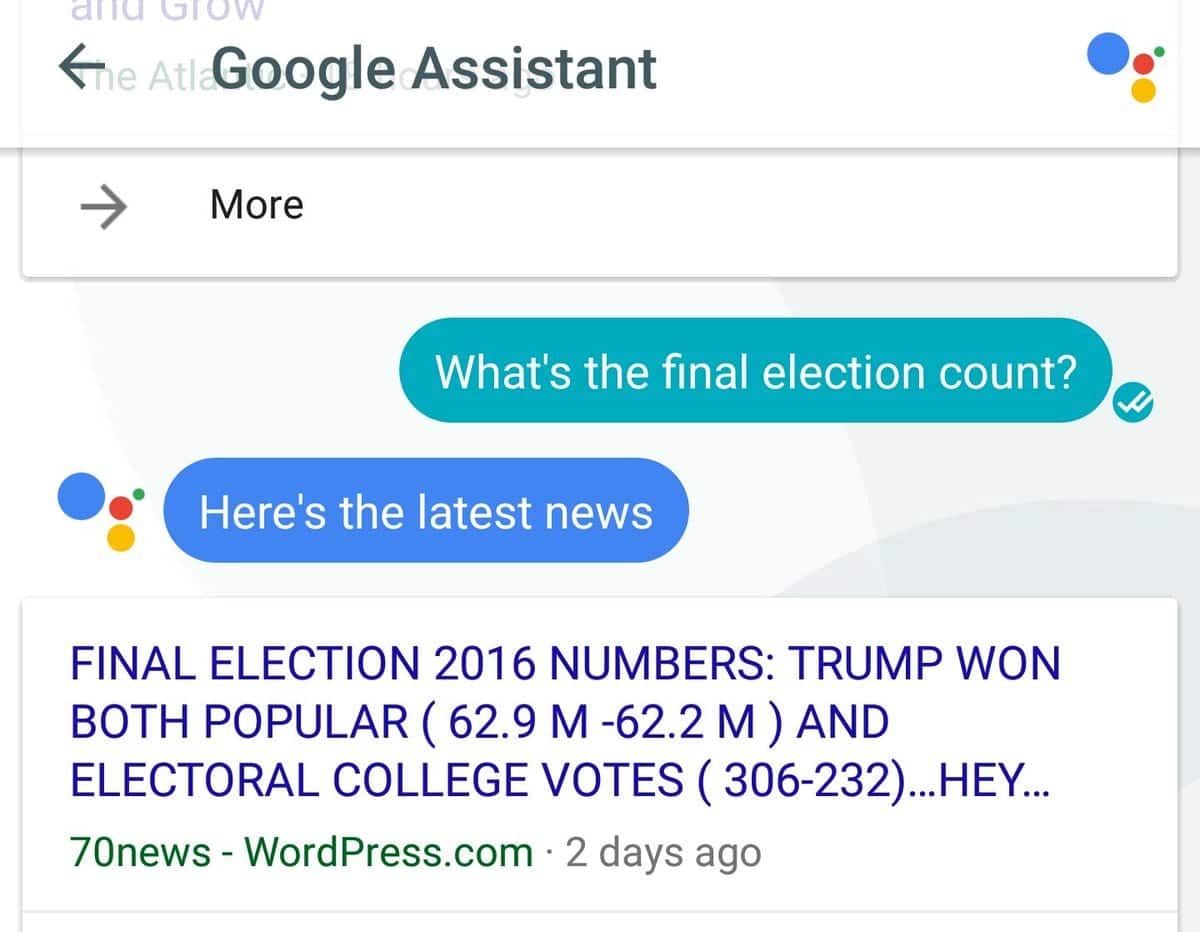
The electoral process in the United States has been quite peculiar and controversial, but the results have been even more so. Regardless of who has been victorious, the spread of false news in this regard seems to have awakened both Google and Facebook the need to fight against something that has been present on the internet practically since the internet has existed: disinformation. Of course, we do not forget that false news is also published in print media and broadcast on radio and television, although this is not the issue that concerns us now.
Google has announced that from now on websites that publish fake news will fall into the same bag as those pages that promote hate, violence or pornography content, blocking your access to Google Adsense ads and therefore limiting your income economical. Quickly, in a matter of hours, Facebook has announced that it will follow the same steps as the search giant.
Facebook and Google, against fake news
During and after US election night, the Google search engine placed information about the choices that did not correspond to reality in the first position of its related search results. This information also appeared in the foreground in the Google Assistant.

This is one of the fake news that Google showed in Google Assistant
These false news had been published by certain media, having received millions of visits that had positioned them in the best way. But Google has been willing to make certain changes that, although they will not completely eliminate this problem, they will help to reduce the spread of fake news.
What Google plans is restrict the access of these fake news websites to your Google Adsense advertising platform. The goal is that, seeing your income significantly reduced, this is no longer an incentive to continue making and spreading fake news. At the moment, it is not yet clear when this new Google advertising policy will take effect or how the company intends to enforce it.
Going forward, we will restrict the posting of ads on pages that misrepresent, spread or hide information about the publisher, publisher content, or the main purpose of the web property.
Currently, the Google Adsense advertising platform is limited to all those websites that offer violent content, pornographic content or that promote hatred in any way, however, the publication of false news is not expressly included, being precisely this what Google wants to change.
The news is positive, although it remains to be seen what criteria the company will follow to define a website as a "fake news website." In any case, Facebook has quickly joined this initiative.
Thus, a Facebook spokesperson has stated to The Wall Street Journal that, although these types of restrictions were already implicit in the rules of its advertising platform when mentioning deceptive and illegal websites, "We have updated the policy to explicitly clarify that this applies to fake news".
We vigorously enforce our policies and take swift action against sites and apps found in violation. Our team will continue to closely monitor all potential publishers and monitor existing ones to ensure compliance.
During the American elections, Facebook has also faced harsh criticism for spreading false and inaccurate news. And although its CEO Mark Zuckerberg considers that to think that this could have included the results is something "crazy", not everyone seems to agree on the company, so in the end it would have been decided to begin to impose a strong hand on the matter. Missing news publication.

Well then you are clear, actualidadiphone.com 🙂